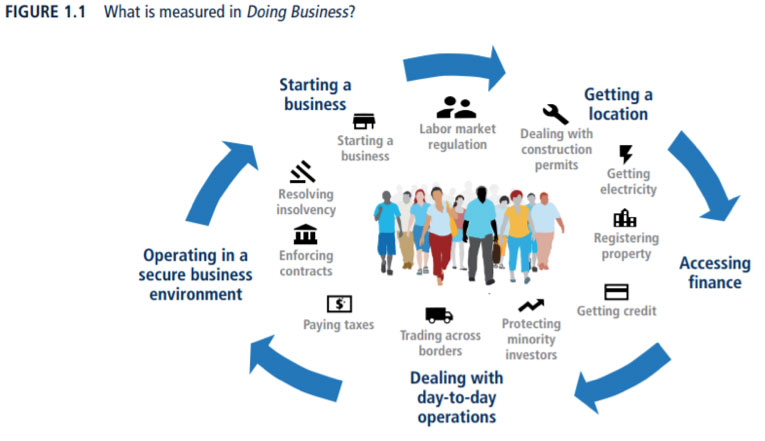- Home
- Topics
- Backward Linkages (Supplying Extractives)
- Enabling Environments for Suppliers
- Ease of Doing Business
Ease of Doing Business
At a Glance
-
A healthy business environment is critical to any effort aimed at developing a local supply sector.
-
Typical areas for improvement include the speed and clarity of land purchasing and registration, business registration processes, import and export procedures and regulations, and tax payments and reimbursements.
-
Efforts to improve timeliness and simplify business registration processes are critical to improving the ease of doing business.
-
Governments may consult regularly with both businesses and extractive industry companies to better understand factors that may undermine the effectiveness of policies to foster local procurement.
Case Studies
Key Resources
Topic Briefing
In addition to targeted approaches, a healthy business environment is critical to any effort aimed at developing a local supply sector. Fostering such an environment involves tackling barriers that limit or stall business activity throughout the business life cycle.

